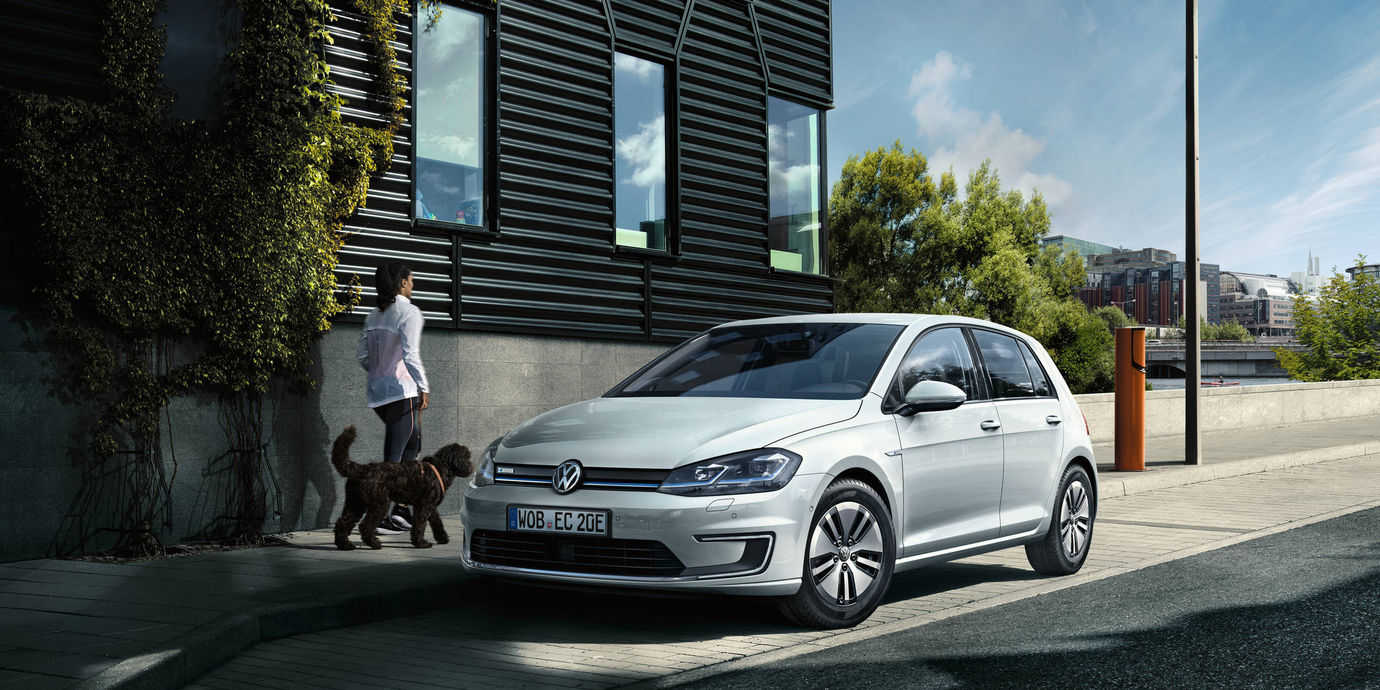Profit taken out by car manufacturers – Is Hungarian economy in trouble?

Due to the pandemic, the activity of car manufacturers has been pushed into the background, resulting in some thought-provoking business decisions. Accordingly, several parent companies, including Opel within the French PSA Group, Daimler’s Hungarian unit, the Mercedes plant in Kecskemét and Audi in Győr within the Volkswagen Group, have decided to pay significant dividends. For the first sight, the constitution of adequate reserves might serve as a logical action due to the crisis; however, the real explanation is more complicated in all of the cases.
Recently, car manufacturers have published their last year’s results. Even though the performance of the three large German-based companies developed differently in terms of turnover or profit, still there was one thing in common: Audi, Mercedes and Opel, also cleared their Hungarian subsidiaries and paid their dividends as soon as possible.
Opel
According to the figures, it does not seem that Opel was in a hopeless situation. The French PSA Group achieved an operating profit of EUR 74.731 billion in 2019, realising 1% increase in sales revenue and an operating result of EUR 6.324 billion, which is 11.2% more than a year earlier.
Of course, the money taken home from the Hungarian company comes in handy, as the French parent company is also badly affected by the pandemic. Still, they also have the advantage that the local government is ready to help car manufacturers.
According to the Finance Minister, Bruno Le Maire, the strategically important sector that employs 400,000 people has a critical economic role, while also forms an integral part of their culture. Therefore, an incentive package is being developed to support new car purchases, especially for environmentally-friendly vehicles such as electric and hybrid vehicles. As part of the package, Renault, which is in a much more difficult position than PSA, could also receive public loans.
Daimer
As privatbankar.hu reports, despite significantly deteriorating earnings data in the case of Daimler, the company did not completely waive dividend payments. Still, after € 3.25 per share a year earlier, the board proposed a payout of just 90 cents this year. According to experts, the Stuttgart company is trying to build up a reserve from dividends received from its subsidiaries. In addition to the decline in earnings due to the coronavirus epidemic, another risk has occurred recently. The US.-China relationship has become uncomfortable again, bringing some additional problems to the companies, affecting Mercedes, Audi and Volkswagen brands as well.
Volkswagen
The world’s largest automotive company, the Volkswagen Group, closed an outstanding year in 2019. Accordingly, the company sold 10.95 million cars last year; as a result of which, its sales increased by 7.1% (€ 252.63 billion) compared to the previous year’s results.
Experts say that regardless of Volkswagen’s dividend payments, German companies consistently use conservative planning; as a result of which, the company can successfully get through the most profound economic crisis since World War II.
This is now literally an economic shock that has stopped production in Europe and North America, resulting in a loss of € 2 billion a week for Volkswagen. Even though almost all of their plants were reopened globally in May, but demand is still very low.
According to the data of the European Automobile Manufacturers’ Association (ACEA), the number of new vehicle registrations decreased by 76.3% in April compared to the previous year’s results. The worst situation can be observed in Italy and Spain, where sales dropped by 97.6% and 96.5%. Presumably, sales data will follow a similar trend in May as well. However, it is important to mention that car manufacturers will benefit from significant state subsidies. In the case of Volkswagen, the salary payment of 80,000 German employees will be supported by the Kurzarbeit system.
Featured image: www.facebook.com/VolkswagenMagyarorszag/
Source: privatbankar.hu








